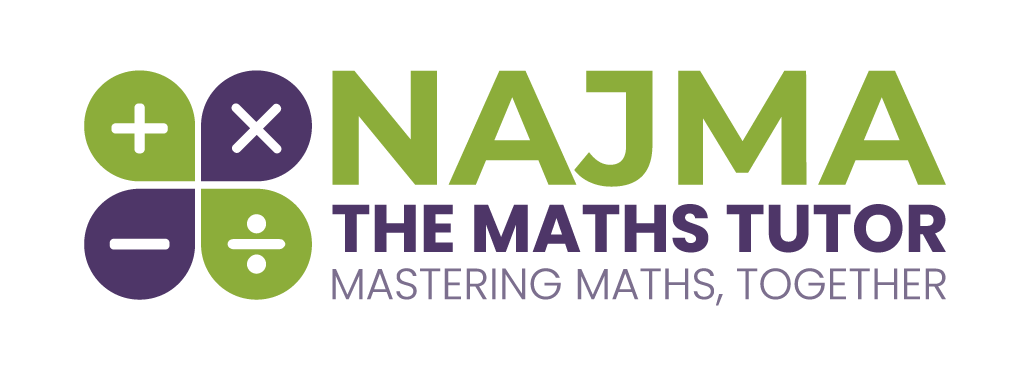
Private maths tuition can make a real difference to a child’s progress and confidence. But tutoring works best when it is set up and supported in the right way at home.
Over the years, I have seen a few common patterns that reduce the impact of tutoring – often without parents realising. The good news is they are all fixable.
Here are seven common tutoring pitfalls, and what to do instead.
1. Choosing a Tutor Based Only on Qualifications
Strong qualifications matter – but they are not the whole picture. A tutor also needs to explain clearly, adapt their pace, and build a good working relationship with your child.
A highly qualified tutor who can’t connect with your child will struggle to get results.
What helps instead:
-
- Ask how the tutor explains difficult topics
- Request a trial session if possible
- Notice whether your child feels comfortable asking questions
You may also find this helpful: 4 Proven Steps for Parents to Choose the Right Maths Tutor
2. Overscheduling Tutoring Sessions
More sessions do not automatically mean more progress. Too many lessons can leave a child tired and resistant, especially during busy school periods.
Tutoring should support learning – not crowd out rest and recovery time.
What helps instead:
-
- Start with one or two sessions per week
- Increase only if there is a clear need
- Protect downtime and sleep
3. Expecting Quick Results
It is natural to hope for rapid improvement, but real learning is gradual. Confidence, problem-solving ability, and exam technique build over time.
When expectations are too short-term, both parent and child can feel discouraged too quickly.
What helps instead:
-
- Look for steady progress, not instant jumps
- Review improvement term by term
- Value understanding, not just marks
4. Having Little or No Contact with the Tutor
Some parents step back completely once tutoring starts. Others feel unsure what to ask. But light, regular communication makes tutoring more effective.
Small updates prevent small gaps from becoming big ones.
What helps instead:
-
- Ask for brief progress updates
- Check what topics are being covered
- Ask how you can support practice between sessions
5. Presenting Tutoring as a Punishment
If tutoring is introduced as a consequence of ‘doing badly,’ children often resist it. That mindset blocks engagement before lessons even begin.
Tutoring works better when it is framed as support, not correction.
What helps instead:
-
- Describe tutoring as extra support and guidance
- Emphasise skill-building and confidence
- Involve your child in the process where appropriate
6. Using Tutoring Only for Last-Minute Exam Rescue
Short-term exam revision tutoring can help – it is not the strongest use of tuition. The biggest gains come from steady skill-building over time.
Cramming improves familiarity. Consistent tutoring builds understanding.
What helps instead:
-
- Start support before pressure peaks
- Use tutoring to close topic gaps early
- Include exam technique and method, not just answers
7. Relying Only on Tutoring for Practice
Tutoring sessions alone are rarely enough. Progress accelerates when students also practise independently between lessons.
Even short, regular practice helps lock in new skills.
What helps instead:
-
- Encourage short practice sessions between lessons
- Use worksheets and exam questions
- Combine tutoring with structured revision resources
Tutoring is most effective when it is treated as part of a wider support system – not a standalone fix. The right tutor, realistic expectations, and steady parent support create the best results.
Small adjustments in how tutoring is set up can lead to noticeably stronger progress over time.
